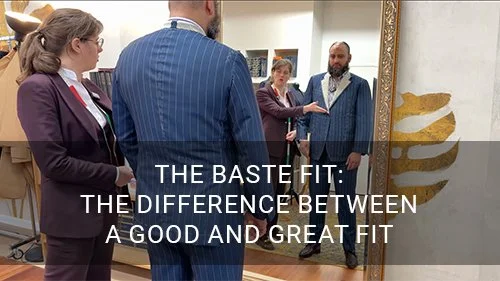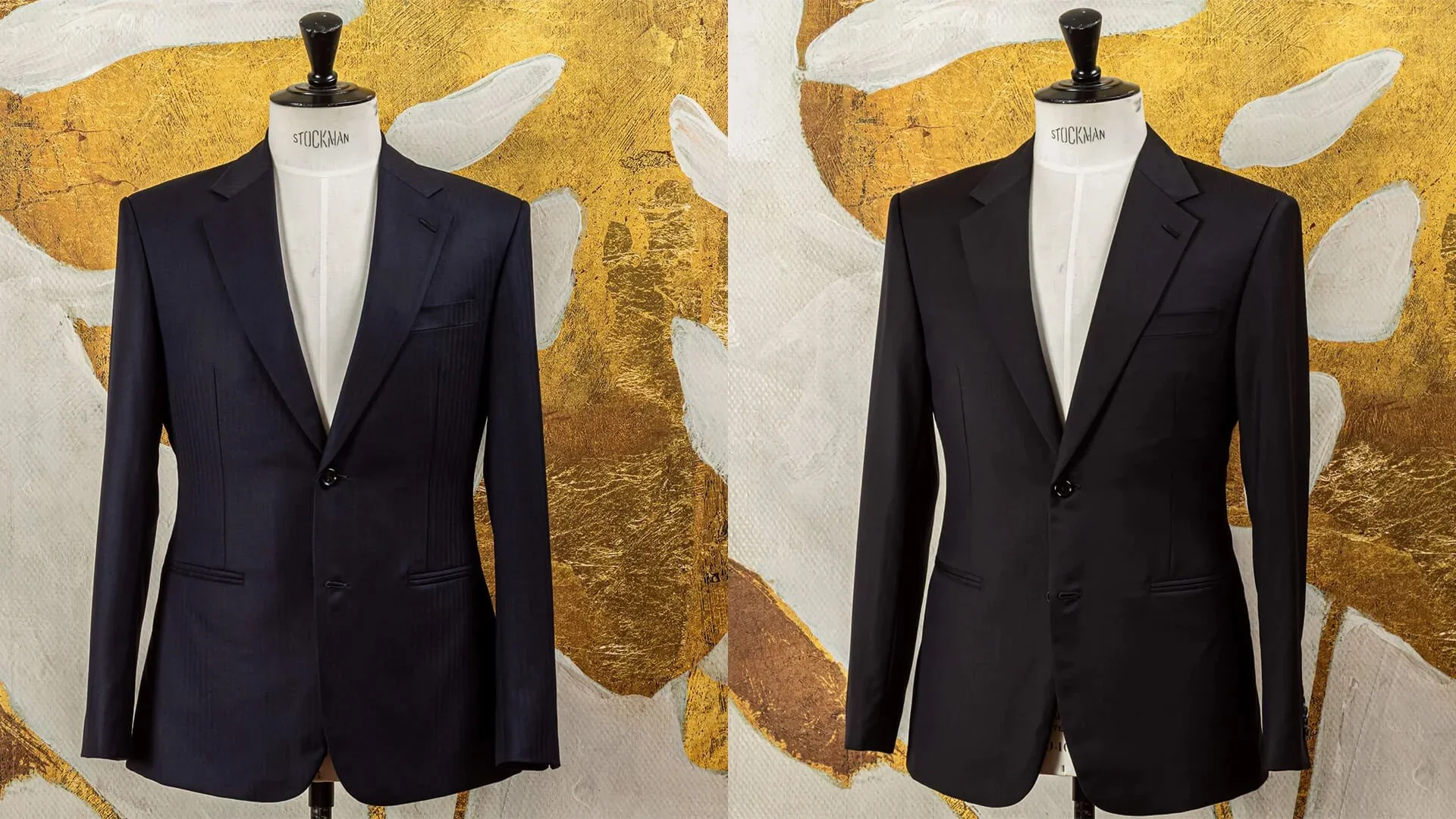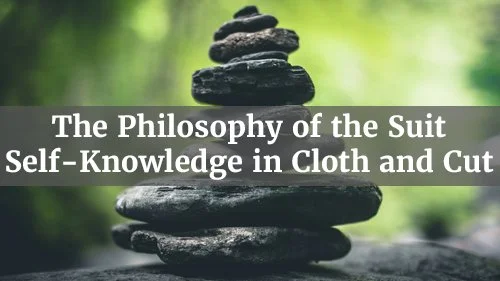
What Nietzsche, Zen, and Buddhism can teach us about true bespoke clothing
More than appearance — an inner practice
Bespoke tailoring is not just an external phenomenon. Those who truly engage in the process quickly sense that it touches something deeper. Not the image you project, but how you inhabit your body and sense your own identity. Many spiritual and philosophical traditions touch exactly on this point. In this article, we explore how those teachings resonate with the world of tailoring.
Nietzsche – Become who you are
“Werde der du bist” — Become who you are.
Nietzsche’s call to self-becoming perfectly aligns with the essence of bespoke tailoring. In a time where many dress to fit into what others admire, a bespoke suit says: choose yourself. Think for yourself. Be yourself.
Bespoke is not a brand identity. It’s individual form — shaped by will and consciousness. The opposite of herd mentality.
Machiavelli – Appearance versus essence
Machiavelli understood the power of image. But he also warned: those too focused on appearances often lose grip on reality.
The difference between a branded suit and a bespoke suit is the difference between façade and substance.
The first is performance. The second is presence.
Buddhism – Letting go of ego
Buddhism teaches detachment — from form, from status, from illusion. Bespoke tailoring may seem worldly, but it aligns beautifully with this principle: it is not about inflating the ego, but about letting go of the unnecessary.
When you choose simplicity, precision, and stillness — you choose clothing that reflects the self, not the world’s gaze.
Islam – Intention (Niyyah) and Beauty (Ihsan)
In Islamic ethics, intention determines the value of action. Beauty is meaningful only when it arises from care, purity, and alignment with the heart. The concept of ihsan — doing things beautifully and sincerely — lies at the heart of both spirituality and craft.
A handmade bespoke garment, created with attention and integrity, is an act of ihsan.
Zen – Subtlety and silence
The Japanese concept of wabi-sabi embraces beauty in subtlety and imperfection. Likewise, a bespoke suit doesn’t shout. No gloss. No glitter. Just balance and restraint.
Its strength lies not in what it shows — but in what it doesn’t need to prove.
Stoicism – What is within your control
Stoic philosophers like Epictetus taught that freedom comes from focusing only on what is within your control. Not the opinions of others, not the judgment of society — but your own choices.
To dress from your own values, your own rhythm, your own truth — that is Stoic freedom made visible.
Confucianism – Inner and outer in harmony
Confucius emphasized that external form must match internal virtue — otherwise, dissonance arises. In Confucian terms, clothing that exaggerates status without authenticity is dishonest.
True tailoring restores harmony between the inner and outer self. No pretension — just coherence.
A way of being, woven in wool
A bespoke suit is not just a garment.
It is a way of being.
It demands stillness, insight, and the willingness not to impress — but to be.
Below you’ll find links to related blog posts about fabrics, styles, uses, and the thinking behind our tailoring. These articles offer further context, help you visualise your own suit, and showcase the possibilities within our bespoke process.

































